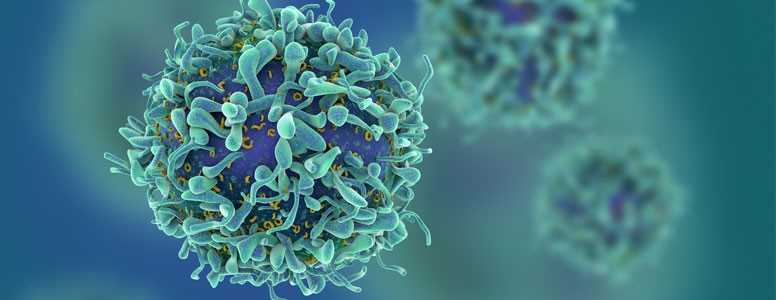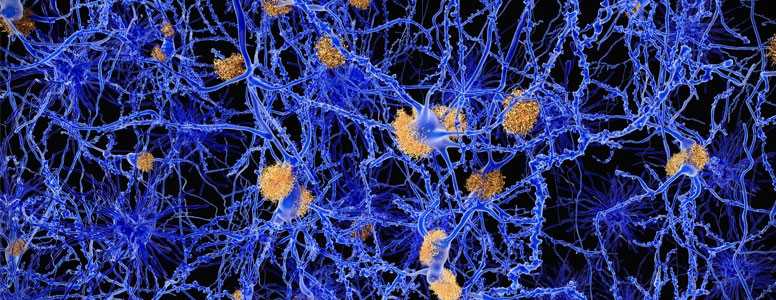US researchers have developed a new in-body harvesting technique of rogue T cells targeting beta cells in type 1 diabetes.
Little is known about T cells, but these findings may be used to better understand type 1 diabetes and other autoimmune disorders.
A vast research team involving scientists from Harvard University and Joslin Diabetes Center at Harvard Medical School tested a technique aimed at ‘trapping’ T cells.
The technique uses a pancreas-mimicking cell carrier, implanted under the skin of mice, that attracts and traps T cells so they can then be extracted and harvested in the lab. This T cell trap has the advantage of collecting more cells at once than through the blood, where only about one in 100,000 circulate.
The implantable material is called a biomaterial scaffold and provides an autoimmune attack-inducing environment and the structural support for subsequent T cell attachment. The scaffold is made of a construct of cultured beta cells, which present antigens on their surface that instigate the autoimmune attack and lure the T cells in.
The exterior of the material is porous, so as to allow T cells to penetrate the inside of the scaffold where they react with the antigens and become trapped.
Once enough T cells are captured in the scaffold, which can take up to two weeks, researchers extract the scaffold from under the skin of the mice through biopsy and collect the cells.
After their first attempt, the researchers ran some tests to make sure that the trapped T cells they recovered were similar to ones that would be found in a real pancreatic islet.
They have found that the extracted T cells shared some genetic and functional features with those found in a pancreas under autoimmune attack. In addition to that, when the newly harvested T cells were transferred into healthy mice, they caused the mice to develop autoimmunity.
“Our study provides proof-of-principle that the trapped autoimmune T cells share genetic and functional features with the autoimmune T cells residing in the inflamed pancreas, and that they indeed can promote diabetes when transferred to a mouse that hadn’t developed the disease yet,” said co-author Omar Ali.
Researchers now plan to keep analysing the sample of T cells they isolated through the scaffold to determine what makes autoimmune T cells genetically and functionally different from normal T cells.
What's new on the forum? ⭐️
Get our free newsletters
Stay up to date with the latest news, research and breakthroughs.



